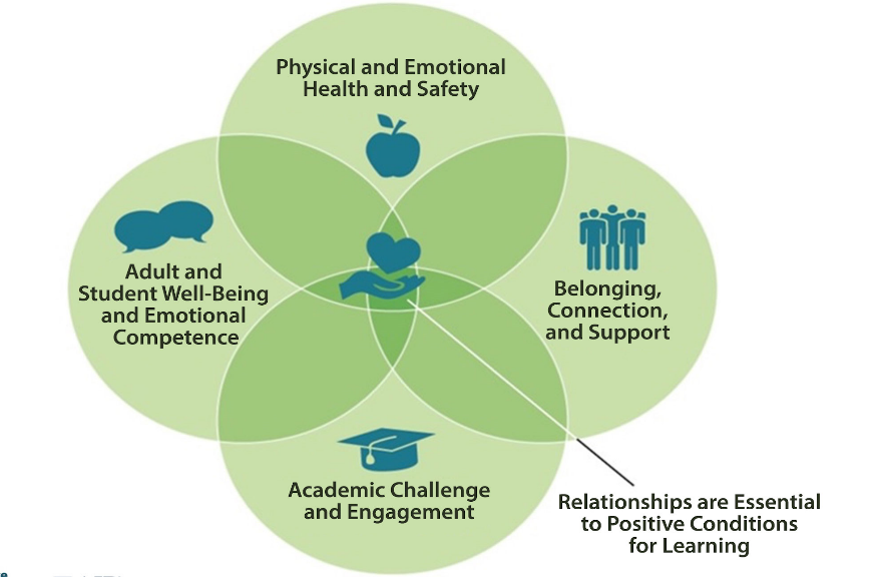
- This event has passed.
Closing the Gap: Improving Attendance for Our Youngest Learners

“How do you break down those barriers where a family might be a little hesitant, or because of their past experiences, not really trusting what’s going on with the schools? We know that the teachers are the ones that are the front line. They’re the ones who have those relationships and those opportunities to build that connection with families. We [need to think about] how we can be a support to them”. – Tracy Hill, M.Ed., Cleveland Metropolitan School District
Moderated by Hedy Chang of Attendance Works, this webinar focuses on the critical importance of creating deep relationships with families and caregivers to address the extraordinarily high levels of kindergarten chronic absence occurring in the aftermath of the pandemic. Panelists share how partnerships with health providers, public agencies, community organizations and early childhood providers can equip schools to take the year-round, all-hands-on-deck, intentional approach to ensuring students are engaged and learning in multiple settings so they are comfortable and confident in school.
Superintendent Erica Forti, East Haven Public Schools, Connecticut, discusses the need to explicitly counter the lack of understanding about the social, emotional and academic importance of coming into the building every day and to invest in the transition from preschool to kindergarten. Assistant Superintendent Elena S. Hill, Ed.D., Early Learning, Dallas Independent School District, Texas, emphasizes the importance of strengthening parent connections to help support reading success and ensure regular attendance for early learners. The district has ramped up its home visiting programs as a strategy to build empathy and trust between its families and schools.
Tracy Hillm M. Ed., Executive Director, Office of Family and Community Engagement, Cleveland Metropolitan School District, Ohio, discusses the district’s commitment to taking a transformative approach to family and community engagement through investments in parent ambassadors and multi-tiered levels of support. Cleveland also has relaunched its attendance awareness campaign with targeted messaging and incentives for students with good and improved attendance.
Pediatrician Elliott Attisha, a senior fellow with Attendance Works advises that schools can prevent health-related absences by providing clear guidance about when a child should stay home or show up to school, and investing in school-based health services and screening to support mental as well as physical health. Districts and schools can follow a whole child framework to create a healthy learning environment, with supports for students’ physical and mental health, family engagement, employee wellness and the physical environment.
Panel







